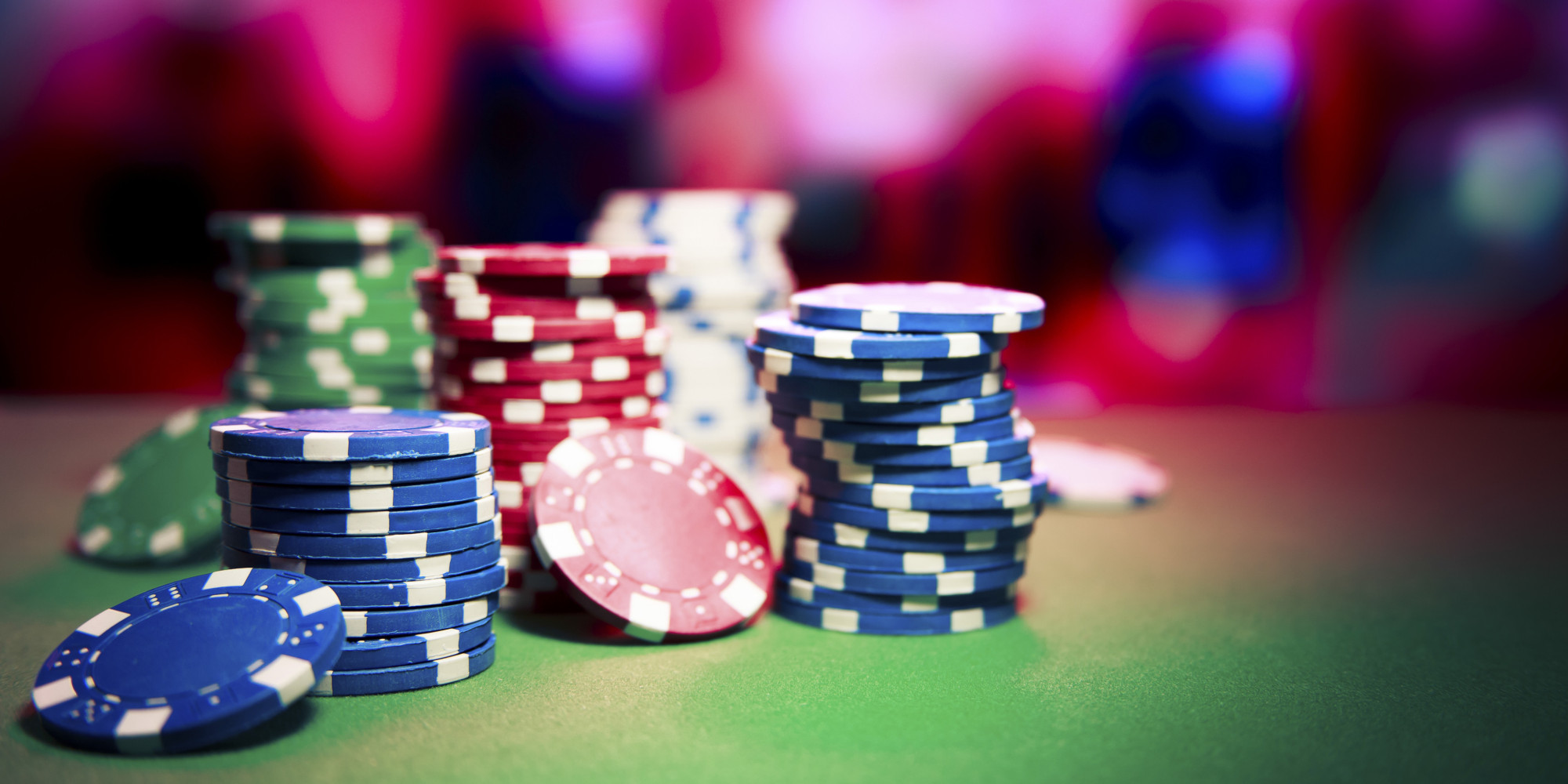
In the lively world of gaming, gaming options have long seized the imagination of gamblers around the world. These options, including timeless card options like blackjack to the whirling reels of slots, offer an intriguing combination of luck and skill. While chance undeniably plays a important role in shaping outcomes, the role of knowledge in many gambling games cannot be ignored. Comprehending how skill affects the game can enhance not only a player’s engagement but also their odds of achievement.
As we delve deeper the inner workings of gambling games, it becomes evident that some require a strong grounding of wisdom and planning. Activities like poker require more than simple chance; they call for critical thinking, mental insight, and tactical decision-making. In contrast, other games, such as the roulette wheel and slots, are primarily based on luck, allowing gamblers to rely exclusively on random chance. This contrast raises fascinating questions about what genuinely drives victory in the world of casinos and how a gambler’s competences can tip the scales in their benefit.
Understanding Expertise versus Chance in Casino Activities
In the world of casino games, the debate between skill and luck is a enduring one. Several games are often divided into two categories: those that rely predominantly on chance, such as slot machines and the wheel, and those where skill plays a crucial role, like the game of poker and 21. The distinction is important because it influences not only gameplay strategies but also the approach players take when participating with these games. Although luck can play a critical role in the immediate, skilled players can improve their odds of winning over the long run in skill-based games.
Skill-based games, particularly poker, necessitate players to comprehend probability, human behavior, and game strategies. A seasoned poker player can read opponents, make strategic bets, and understand when to fold, all of which can lead to greater favorable outcomes. On the other hand, in games that are purely based on chance, no amount of skill can alter the odds. This implies that although a player may win big in one session, their victory may often be at the mercy to the whims of chance results rather than any strategic expertise.
In the end, both skill and luck coexist in the world of casino games, creating a vibrant environment for players. While games of chance can provide thrill and instant gratification, proficiency and strategy in skill-based games offer a deeper level of engagement for those prepared to invest time in refining their craft. casinos not on GamStop This interplay between skill and luck defines the experiences of players and shapes their relationship with the games they select to play.
The Impact of Expertise on Game Outcomes
In the field of gambling games, skill plays a crucial role in determining the results, especially in activities where strategy and choices are essential. For example, in the game of poker, players must assess rivals, calculate probabilities, and make strategic bets to enhance their odds of succeeding. Unlike activities that depend purely on chance, such as slot machines or the roulette wheel, poker demands an understanding of both the rules and the psychology of other participants, making skill a vital component of success.
Additional skill-based activities, like blackjack, also emphasize the importance of player expertise. Understanding of basic strategy, card counting, and when to hit or stand can dramatically influence the casino advantage. A proficient 21 player can reduce this edge and boost their odds of winning significantly. This contrasts sharply with games that do not allow for such tactical play, showcasing how the level of skill influences the possibility for positive results.
Additionally, even within games deemed primarily chance-driven, like the game of craps, the choices made by players can impact their overall performance. Choosing the right bets, understanding the likelihoods of different results, and controlling one’s bankroll are essential aspects that can enhance a player’s experience and results. Thus, while luck remains a factor in casino games, skill can significantly influence how efficiently players navigate these settings, leading to more favorable results.
Tactics for Proficient Play in Casinos
To excel in gambling games, players must develop a strong grasp of the regulations and probabilities involved in every game. This basic knowledge enables individuals to make educated decisions, especially in skill-based games like poker and blackjack. Familiarizing oneself with game strategies, such as keeping track of cards in blackjack or identifying betting patterns in poker, can significantly enhance a player’s odds of success. Rehearsing these strategies through mock games or low-risk games allows players to hone their skills without risking substantial amounts of money at stake.
Another key strategy is money management. Players should create a spending limit before going into the gaming establishment and follow it strictly. This involves deciding how much they are willing to lose and setting limits on how much they will bet in every gaming session. By keeping a regulated approach to spending, players can sustain their play and reduce the risk of major losses. Additionally, taking breaks can help maintain a clear head and prevent rash decisions that often lead to poor play.
Ultimately, emotional control is crucial in the intense environment of a casino. Players must be adept at controlling their emotions, particularly during periods of success or losing streaks. Staying attentive and not letting emotions dictate gameplay can lead to more logical decisions. Methods such as taking deep breaths or walking away from the table during heated moments can help maintain composure. By cultivating a balanced mindset, players can approach gambling games with assurance and skill, ultimately improving their complete experience and outcomes.